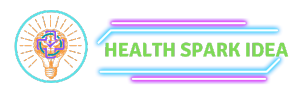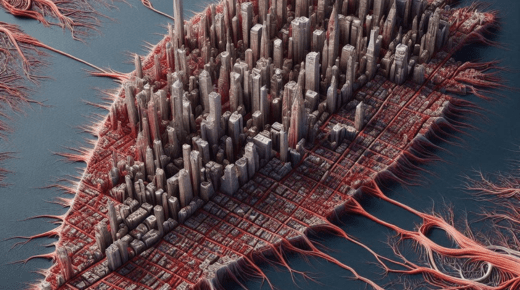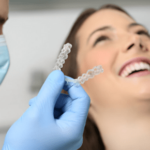Welcome to this critical discussion. Today, we explore sudden cardiac arrest, a serious condition that demands our understanding. Similar to the intricate network of veins Manhattan is known for, our cardiovascular system is a complex structure that needs constant care. We have a cardiologist with us to illuminate the reasons behind sudden cardiac arrest. Knowledge is power. Let’s dive in.
The Facts about Sudden Cardiac Arrest
Sudden cardiac arrest is a grave condition. It strikes without warning. The heart stops beating. Blood flow to the body halts. Death can occur if not treated within minutes. According to the CDC, more than 350,000 out-of-hospital cardiac arrests occur in the United States each year. Nearly 90% of them are fatal.
Causes of Sudden Cardiac Arrest
Several factors contribute to sudden cardiac arrest. These include:
- Coronary heart disease
- Physical stress
- Certain inherited disorders
Coronary heart disease is the most common cause. The heart’s blood supply is blocked. The heart muscle is damaged. Over time, this can lead to deadly arrhythmias – irregular heart rhythms.
Understanding the Risk Factors
Many risk factors can increase the likelihood of sudden cardiac arrest. They include:
- Age – People over 45 (men) and 55 (women) are at higher risk
- Family history of cardiac disease
- Smoking
- High blood pressure
- High cholesterol
- Obesity
- Diabetes
- Lack of physical activity
Prevention Strategies
Prevention is key in the fight against sudden cardiac arrest. Staying healthy can make a difference. Regular exercise, a balanced diet, and regular check-ups can help reduce risk. Early detection of heart disease plays a critical role too.
Comparison Table: Sudden Cardiac Arrest Vs. Heart Attack
| SUDDEN CARDIAC ARREST | HEART ATTACK | |
| Definition | Unexpected loss of heart function | A blockage that stops blood flow to the heart |
| Symptoms | No symptoms, loss of consciousness | Chest discomfort, shortness of breath |
| Treatment | Immediate CPR and defibrillation | Medications, surgery |
Let’s work together to prevent sudden cardiac arrest. Awareness is our first line of defense. Education is key. This knowledge can give us the power to save lives.



